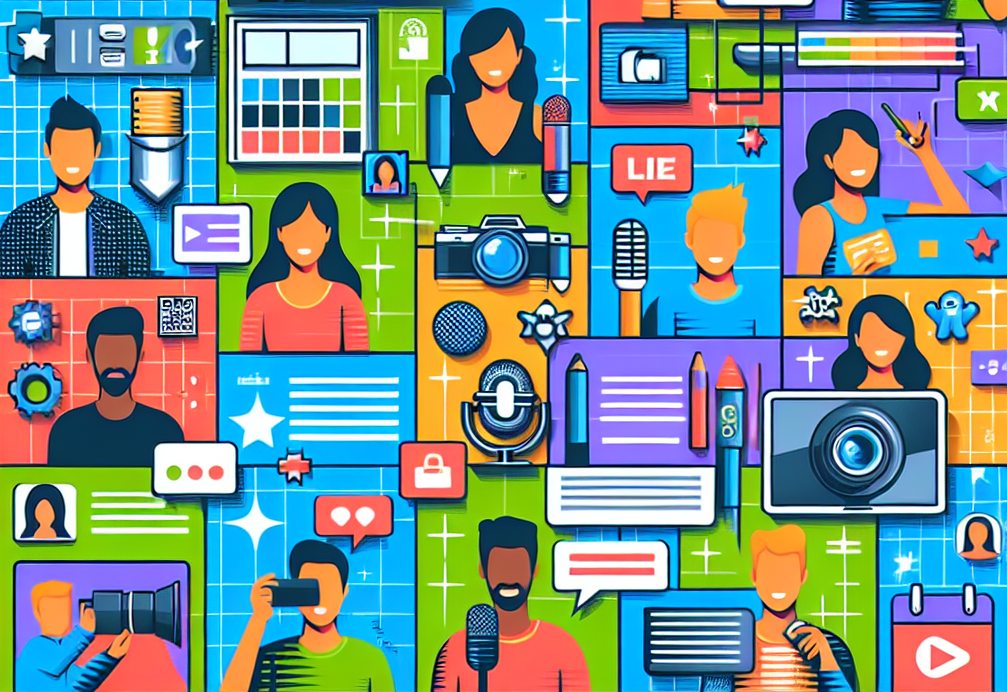The Rise and Impact of Online Influencers in the Digital Age

In the age of social media, the concept of celebrity has undergone a dramatic transformation. Once dominated by actors, musicians, and athletes, the spotlight has expanded to include a new category of public figures: online influencers. These individuals have carved out spaces of authority, relatability, and inspiration across platforms like Instagram, YouTube, TikTok, and Twitter, shaping trends, opinions, and even consumer behavior.
Who Are Online Influencers?
Online influencers are individuals who have built a significant following on social media or digital platforms and have the power to affect the purchasing decisions or opinions of their followers. They are often seen as experts, trendsetters, or relatable personalities in niches ranging from fashion and fitness to tech, travel, gaming, and lifestyle.
Influencers typically fall into categories based on their follower count:
- Nano-influencers (1,000–10,000 followers): Often have highly engaged, tight-knit audiences.
- Micro-influencers (10,000–100,000): Known for their authenticity and strong niche appeal.
- Macro-influencers (100,000–1 million): Offer broad reach with significant influence.
- Mega-influencers (1 million+): Include celebrities and top-tier content creators.
The Power of Influence
Influencers wield significant power, not just in shaping opinions but in driving market trends. Brands partner with influencers to promote products in a more organic and trustworthy way than traditional advertisements. According to industry studies, influencer marketing delivers a high return on investment (ROI), often outperforming conventional marketing methods.
Influencers thrive on authenticity. Unlike traditional celebrities, influencers often interact directly with their audience, reply to comments, and share personal stories, making them more relatable and trusted. This trust is what gives their recommendations so much weight.
Challenges and Criticisms
Despite their popularity, influencers face increasing scrutiny. Critics argue that some influencers promote unrealistic lifestyles, contribute to mental health issues among younger audiences, or engage in inauthentic partnerships for profit. The rise of "fake followers" and influencer fraud has also raised concerns among brands and followers alike.
Additionally, regulations around influencer marketing are tightening. Organizations like the Federal Trade Commission (FTC) in the United States require influencers to disclose paid partnerships and sponsored content clearly, aiming to maintain transparency and trust.
The Future of Influencer Culture
As digital platforms evolve, so too will the role of influencers. The rise of AI-generated influencers and virtual personas is already reshaping the landscape. Meanwhile, audiences are gravitating toward content creators who emphasize transparency, social responsibility, and inclusivity.
Micro and nano-influencers are also gaining popularity due to their high engagement rates and authentic connection with followers. Brands are beginning to invest more in long-term collaborations rather than one-off promotions to build deeper trust with audiences.
Conclusion
Online influencers have become a defining force in digital culture and marketing. They are storytellers, marketers, and community leaders rolled into one. While the industry faces growing pains and increasing regulation, its impact is undeniable—and its evolution will continue to shape how people connect, consume, and communicate in the digital age.






